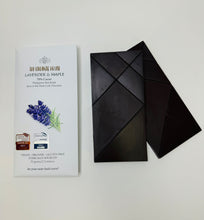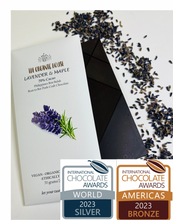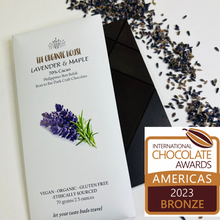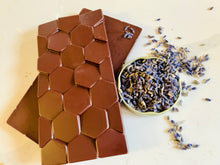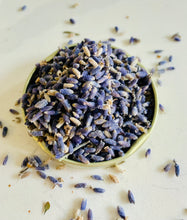
Award winning chocolate bar!
Lavender Maple - Philippines Bon Bulak 70%
Hello Show Stopper!!!
This one has stolen the mic ladies and gentlemen! It's earthy notes paired with this beautiful culinary lavender is outstanding! You get a sweet hint of maple. You will not be disappointed with this bar. Put all your expectation about lavender to the side, don't be scared, seriously this one is about to blow your mind!
Amazing starter bar for anyone new to the bean to bar scene. This is a mellow, earthy bean with no trace of bitter or acidic.
Organic Ingredients: 70% Philippines Bon Bulak beans, Ontario Maple Sugar, Peru cacao butter, culinary lavender
Tasting Notes: Porcini, sage, lilac, petit verdot. Mellow earthy notes, sweet hint of Maple, with a smooth lavender finish
55 Gram bar - in completely compostable packaging.
This bar brings home the following awards:
Bronze - America's International Chocolate Awards 2023
Silver - World's International Chocolate Awards 2023
PHILIPPINES- SOURTH COTABATO, DAVAO, PHILIPPINES
Kablon Farms is a 70-hectare bio diversified, sustainable farm (3 locations within a 10 km radius) in South Cotabato, in Davao, Philippines.
Kablon Farms is paving the way for specialty, high quality cacao for the Philippines to change the low-price dynamics that are seen across the country.
The Philippines has a long history of cacao farming; the crop was introduced in the 1700s when a Spanish colonist brought seedlings over to the islands from Mexico





